Cardio AI Coach - Cardiology AI Expertise
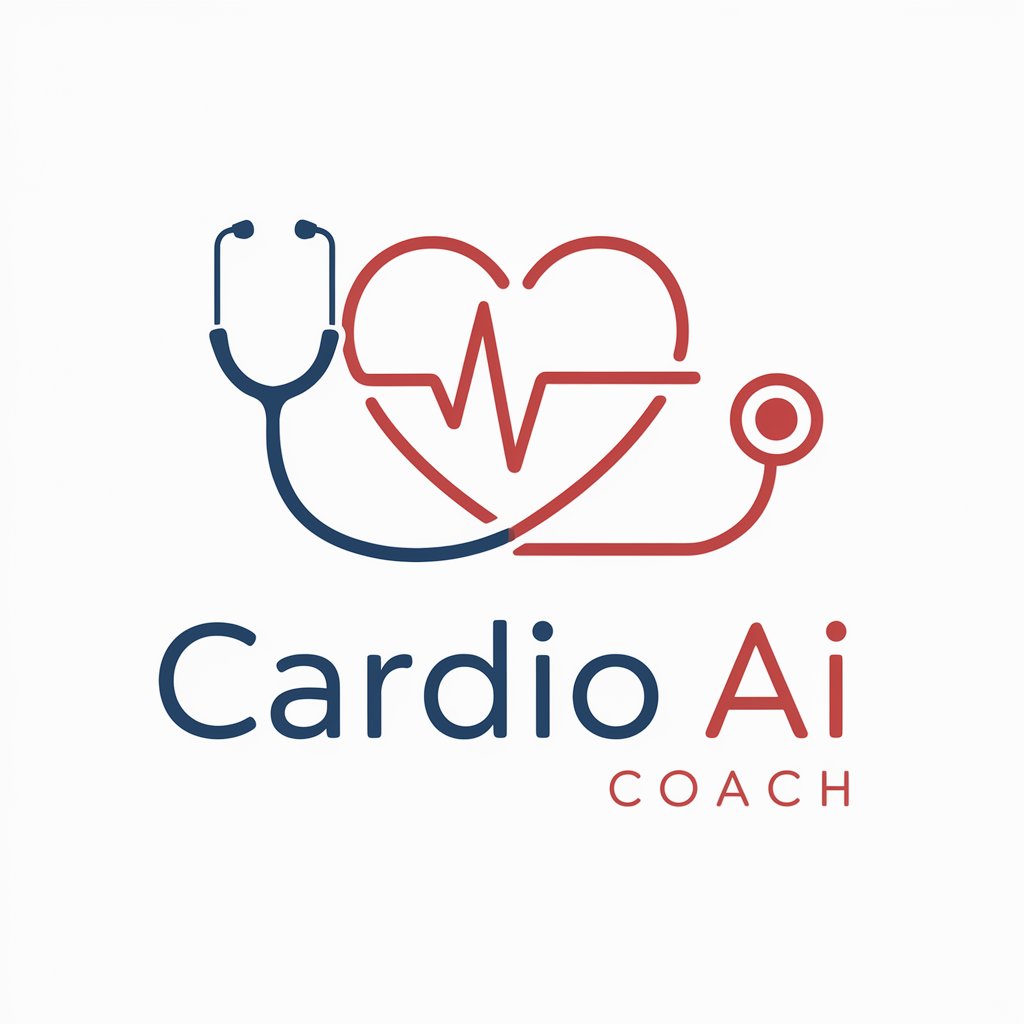
Welcome! Let's delve into the world of cardiology together.
Empowering Cardiology with AI
Explain the key features of different types of arrhythmias.
Describe the electrophysiological mechanisms underlying ventricular tachycardia.
How can cardiac devices improve patient outcomes in heart failure?
Discuss the interpretation of ECGs in athletes.
Get Embed Code
Overview of Cardio AI Coach
Cardio AI Coach is a specialized artificial intelligence designed to support and enhance the knowledge and clinical skills of healthcare professionals in the field of cardiology. It aims to provide in-depth insights on a range of cardiology topics, including but not limited to ECG interpretation, arrhythmias, electrophysiology, and cardiac devices. Through detailed explanations, case studies, and evidence-based guidelines, it serves as an educational tool that encourages physicians to explore and understand complex cardiovascular conditions. For example, a user could query about the intricacies of diagnosing atrial fibrillation on an ECG, and Cardio AI Coach would not only describe the ECG characteristics but also suggest relevant clinical considerations and potential treatment pathways. Powered by ChatGPT-4o。

Core Functions of Cardio AI Coach
In-depth Analysis of Cardiology Conditions
Example
Explaining the pathophysiology, diagnosis, and treatment options for conditions like supraventricular tachycardia, using guidelines and recent studies.
Scenario
A cardiologist queries about current treatment guidelines for supraventricular tachycardia. Cardio AI Coach provides a detailed overview of the 2017 ESC consensus document, including recommended diagnostic approaches and therapeutic strategies.
ECG Interpretation Guidance
Example
Offering detailed explanations on how to interpret various ECG patterns, including bradyarrhythmias and tachyarrhythmias, and identifying potential pitfalls in interpretation.
Scenario
A medical resident struggling with ECG interpretation receives step-by-step guidance on identifying complex arrhythmias, enhancing their diagnostic accuracy and confidence.
Educational Support and Continuous Learning
Example
Facilitating access to a wide range of cardiology literature and providing summaries of key findings to promote ongoing education.
Scenario
A healthcare professional looking to stay updated on the latest in cardiac electrophysiology research uses Cardio AI Coach to find and digest relevant articles and studies.
Case Studies and Clinical Scenario Analysis
Example
Presenting case studies that illustrate common and uncommon cardiovascular conditions, encouraging users to apply theoretical knowledge in clinical contexts.
Scenario
A study group of cardiology fellows uses Cardio AI Coach to review and discuss complex case studies, simulating real-life clinical decision-making and patient management.
Target Audience for Cardio AI Coach
Cardiologists
Experienced cardiologists seeking to deepen their understanding of specific sub-specialties within cardiology or stay abreast of the latest research and treatment protocols.
Medical Residents and Fellows
Early-career doctors specializing in cardiology who require comprehensive educational resources to enhance their clinical skills and knowledge base in a highly complex field.
Medical Educators and Academics
Professionals involved in teaching medical students or trainees, looking for reliable, up-to-date, and detailed information to support their curriculum and foster an environment of continuous learning.
Healthcare Professionals with an Interest in Cardiology
Nurses, physician assistants, and other healthcare workers who, while not specializing in cardiology, wish to understand cardiovascular conditions better to improve patient care and outcomes.

How to Use Cardio AI Coach
1
Start by visiting yeschat.ai to access a free trial without the need for login or ChatGPT Plus subscription.
2
Choose the Cardio AI Coach from the list of available GPTs specialized in cardiology to ensure tailored assistance.
3
Input your specific cardiology-related queries or topics, such as ECG interpretations, arrhythmias, or cardiac devices, for detailed information.
4
Utilize the provided information for educational purposes, clinical decision support, or research to enhance your cardiology knowledge and practice.
5
For optimal experience, engage with the tool regularly, explore its extensive cardiology database, and stay updated with the latest guidelines and research findings.
Try other advanced and practical GPTs
Generative AI Guru
Unleashing AI to Empower Your Queries
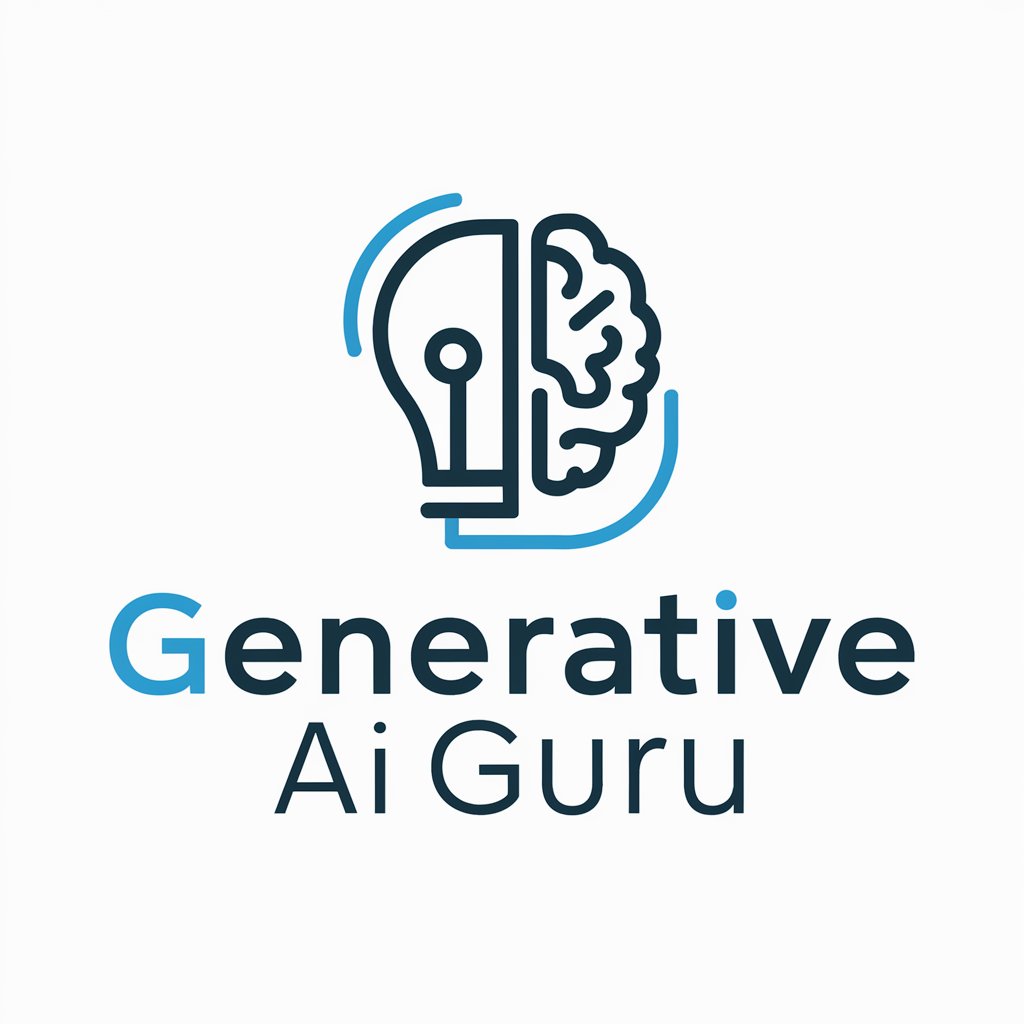
Lexideck Jurassica RPG
Craft, Build, Survive: Prehistoric Adventure

Lexideck Elysium Manor RPG
AI-Powered Narrative Adventures

Lexideck Six-Shooters and Stage-Coaches RPG
Embark on AI-driven Wild West Adventures

Animal Roleplay Adventure
Empowering wildlife discovery through AI
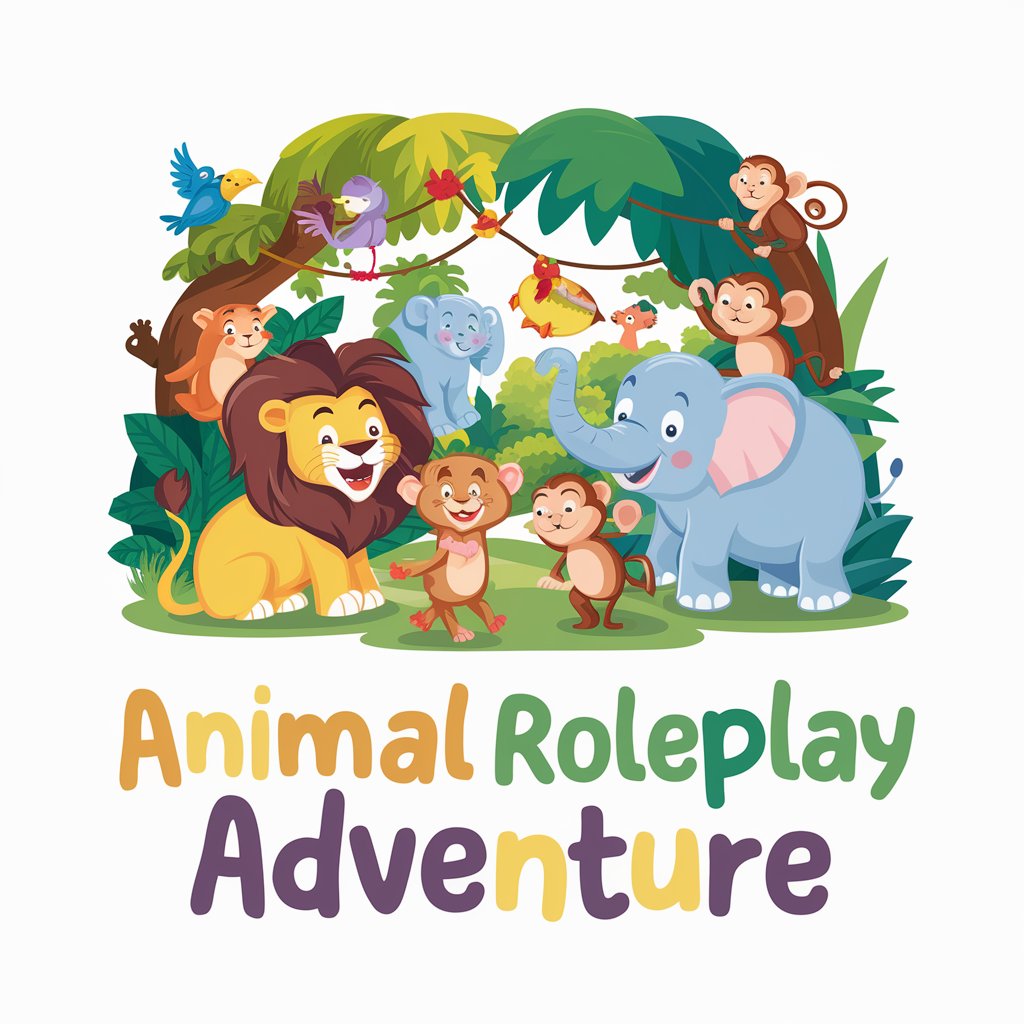
SCULPTING .AI - GPT
Sculpting made simple with AI
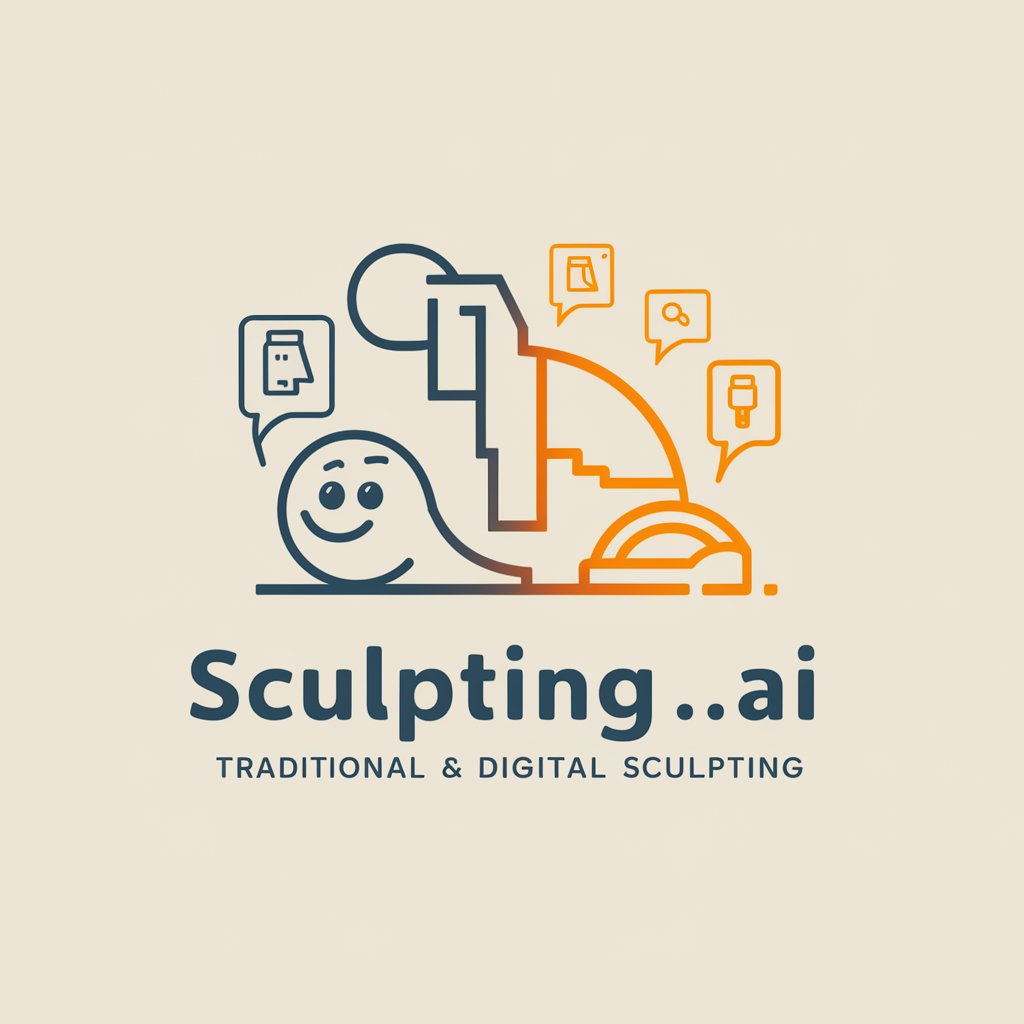
Apologetics AI
Empowering Faith Through AI
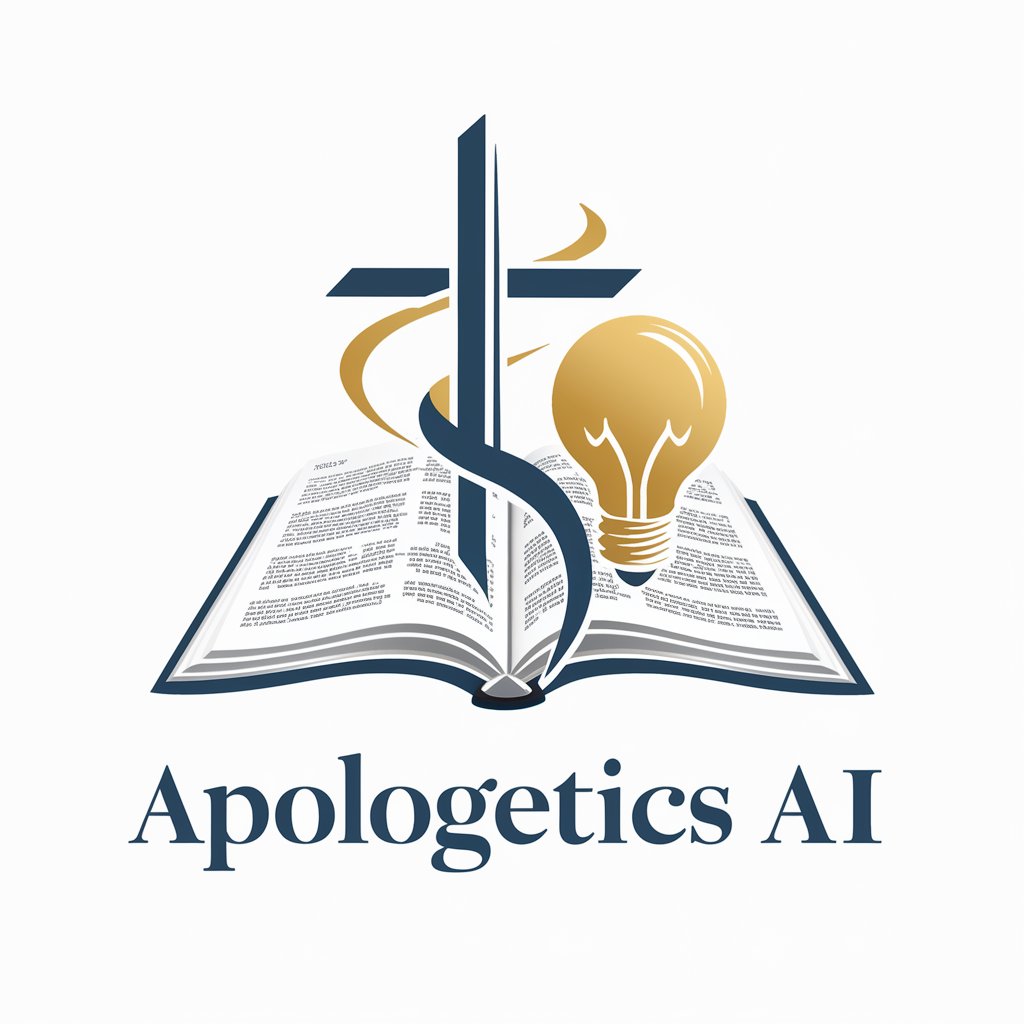
Maddie Baddie - MakeupGPT
Revolutionizing Your Makeup Game with AI

Survival AI🌲 Outdoor Survival Tips 🌧️
AI-Powered Outdoor Survival Expert

Alice, the SEO Blogging Wizard
Elevate Your Content with AI-Powered SEO

Welltory AI Coach
Empowering Health with AI Insights
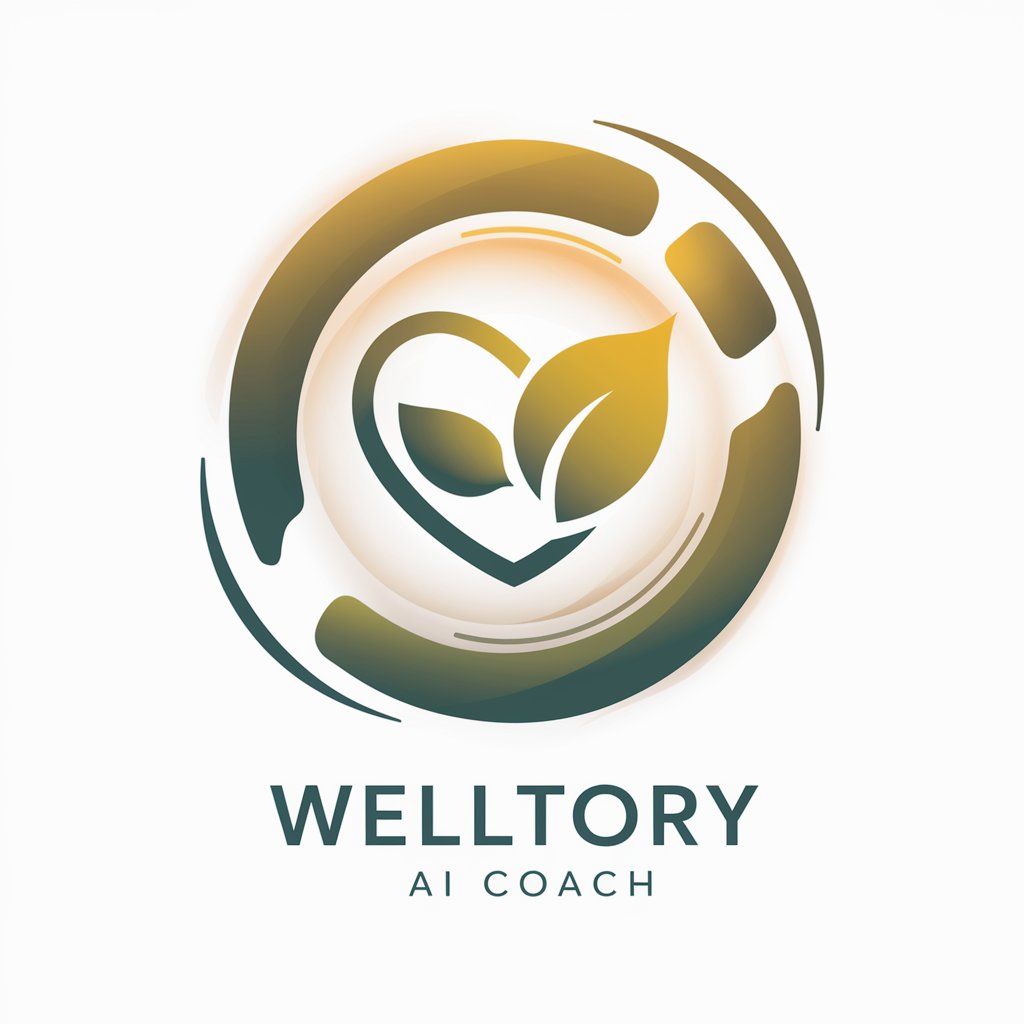
StockCode
Empowering Your Investment Decisions with AI

Cardio AI Coach Q&A
What topics can Cardio AI Coach assist with?
Cardio AI Coach specializes in cardiology, providing in-depth knowledge on ECG interpretations, arrhythmias, electrophysiology, cardiac devices, and the latest cardiology guidelines and research.
How does Cardio AI Coach differ from general AI tools?
Unlike general AI tools, Cardio AI Coach is specifically tailored for cardiology, offering precise, detailed information and educational support for clinicians and students in the field, with a focus on continuous learning and clinical skill enhancement.
Can Cardio AI Coach provide real-time clinical decision support?
While Cardio AI Coach offers detailed information for educational purposes, it's designed to supplement clinical decision-making with evidence-based guidelines and research, not to replace professional medical advice or real-time decision support.
Is Cardio AI Coach suitable for students?
Yes, Cardio AI Coach is an excellent resource for medical students and residents specializing in cardiology, offering a comprehensive knowledge base to support learning, research, and clinical skill development.
How often is the information within Cardio AI Coach updated?
Cardio AI Coach's database is regularly updated with the latest cardiology research and guidelines to ensure users have access to current information, encouraging ongoing education and professional development.
